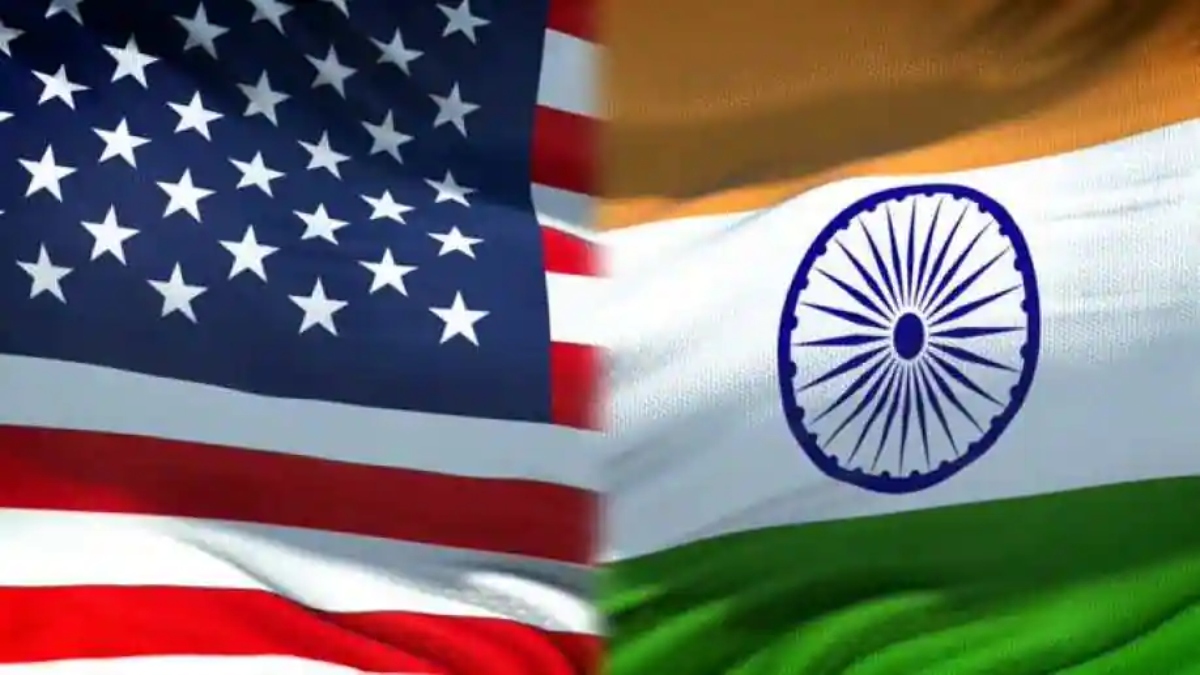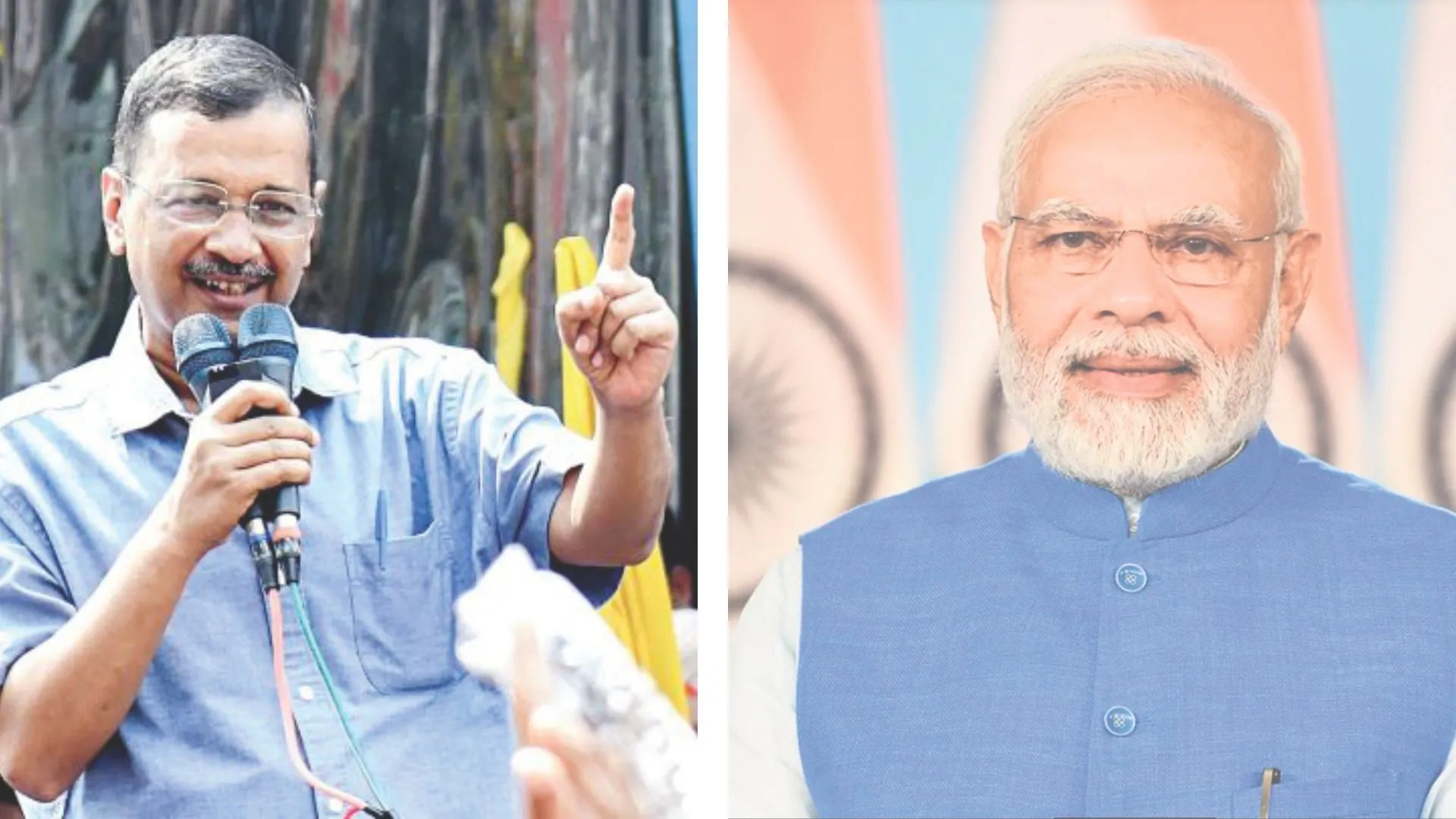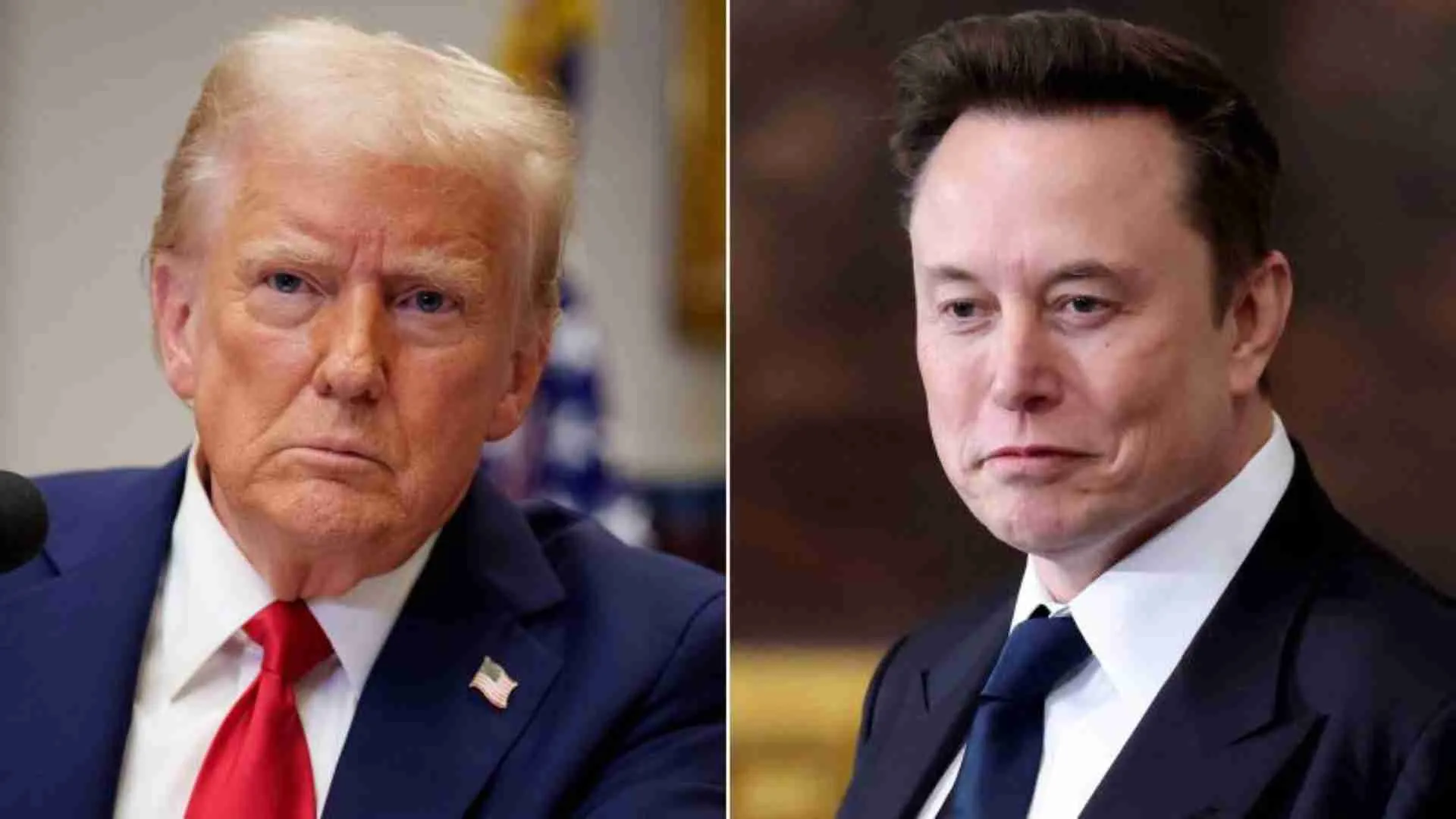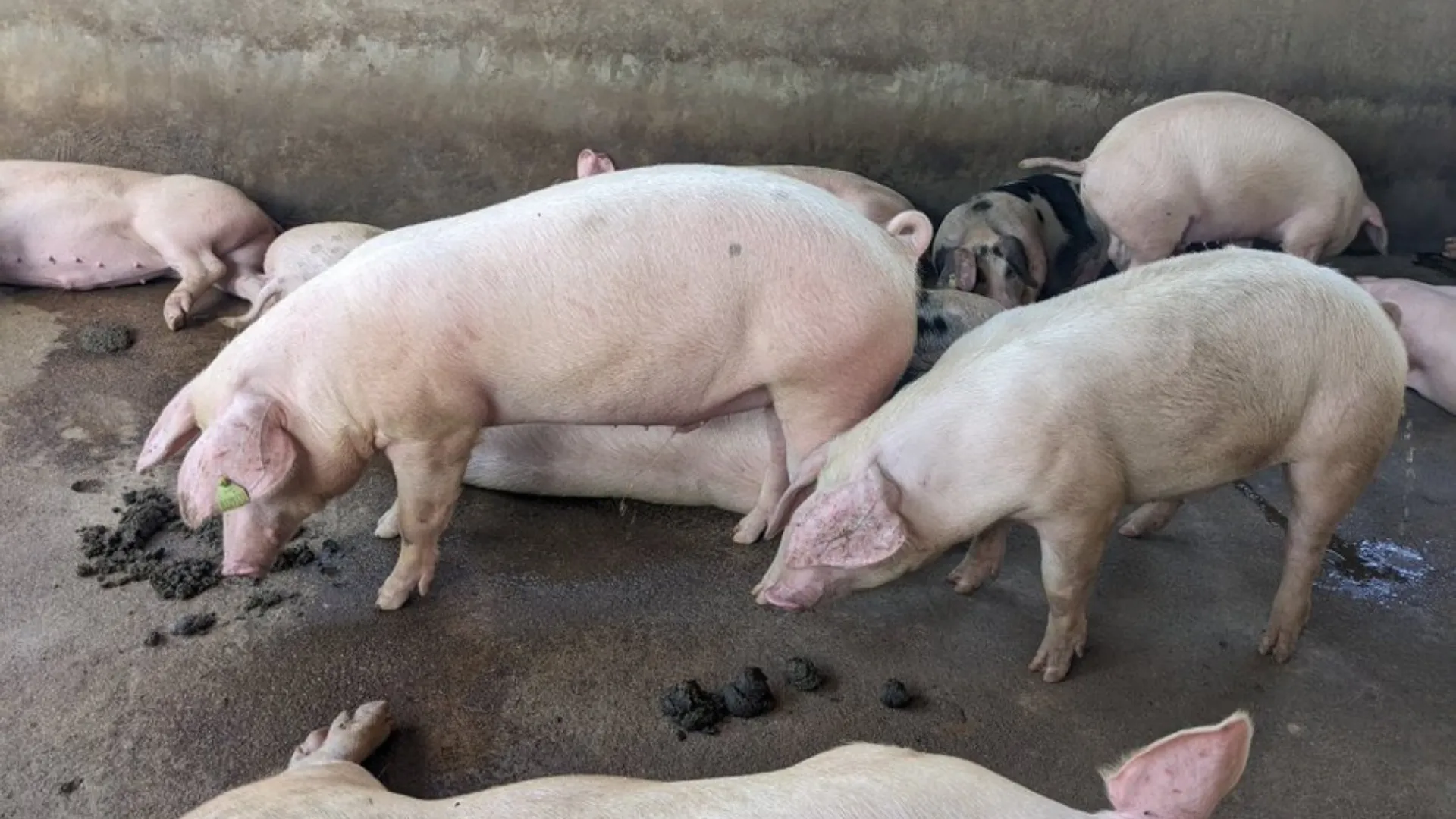As India charts its path to becoming a global manufacturing powerhouse, it is crucial to shift focus from conventional trade agreements to more strategic manufacturing agreements. These agreements can serve as gateways to major global markets, fostering a non-zero-sum game where all parties benefit. This policy shift is not just about trading goods—it’s about global manufacturing hubs that can create mutual synergy and help India diversify its global supply chains and reduce dependency on any single market.
One such opportunity is unfolding between India and the United States. In its pursuit of drug security, the US government is seeking to expand Active Pharmaceutical Ingredients (API) manufacturing in India or the US, aiming to reduce its dependence on China. The US is even willing to extend financial support for these initiatives. This scenario exemplifies the concept of a non-zero-sum game in manufacturing collaboration, where both nations stand to gain. It also underscores the importance of moving beyond mere trade and into the realm of manufacturing agreements that ensure mutual benefits and strengthen bilateral ties.
Another burgeoning opportunity lies in the United Arab Emirates, specifically in Ras Al Khaimah (RAK), an emirate of the UAE. RAK has rapidly emerged as a crucial hub for businesses eager to expand their reach into African and European markets. RAK, Vietnam and Morocco also present themselves as strategic partners capable of helping businesses reach new markets. These regions offer more than just strategic entry points—they can complement India’s growth story by providing platforms for diversification and strengthening the global presence of Indian companies. This is precisely why India needs to consider manufacturing agreements with these regions as a strategic move.
UAE: A Strategic Gateway
I will draw a parallel to Gujarat in India where industrial excellence became a growth engine. RAK is driving excellence in manufacturing, services and tourism to leverage its geographical position at the crossroads of Europe, Asia, and Africa. Its proximity to these regions allows companies to streamline logistics, reduce transportation costs, and enhance supply chain efficiency. For Indian businesses, this translates to easier and faster market access, particularly in Africa, which has traditionally been challenging to penetrate.
RAKEZ (Ras Al Khaimah Economic Zone) offers numerous incentives, including 100% foreign ownership, zero corporate taxes, and no customs duties. These benefits make it easier for Indian businesses to establish and expand their operations, thereby enhancing their global competitiveness. The success of Indian companies in RAK underscores the need for India to prioritize manufacturing agreements that can open similar doors in other regions.
Vietnam and Morocco: Complementary Partners
Vietnam and Morocco offer complementary opportunities for Indian businesses to extend their global footprint. Vietnam, with its growing industrial base and strategic location in Southeast Asia, serves as an excellent gateway to ASEAN markets. The country’s commitment to industrialization, coupled with favourable trade agreements, makes it an attractive destination for Indian companies looking to tap into Southeast Asia’s rapidly growing markets.
Morocco, on the other hand, provides a strategic entry point into the African continent. The industrial zones in cities like Tangiers and Casablanca are particularly appealing for manufacturing and logistics operations, offering access to both African and European markets. These regions are not just trade partners—they are potential manufacturing allies, which is why India should pursue dedicated manufacturing agreements to maximize these opportunities.
Cultural and Professional Synergies
RAK’s appeal to Indian businesses extends beyond its strategic location and infrastructure. The emirate shares significant cultural and professional synergies with India, underpinned by a long history of trade and cultural exchange. This deep-rooted connection fosters a welcoming environment for Indian businesses. Moreover, the work ethic and business practices in RAK align closely with those in India, facilitating effective collaboration between Indian companies and their RAK counterparts.
The growing number of Indian companies establishing operations in RAK, Vietnam, and Morocco underscores the attractiveness of these regions as investment destinations. By the end of 2023, over 3,000 Indian companies were registered in RAK, with the number continuing to rise in 2024. Similarly, Vietnam and Morocco have seen a surge in Indian businesses, particularly in manufacturing, logistics, and services. This trend highlights the importance of moving beyond trade agreements to manufacturing agreements that can solidify these partnerships and ensure long-term benefits.
The Role of Policy and Diplomacy
Traditionally, businesses have paved the way for policy evolution. As Indian companies establish their footprints in these regions, it is crucial for the Ministry of Commerce and Industry, along with the Ministry of External Affairs, to work with their counterparts to enable manufacturing agreements in addition to ongoing trade agreements. This policy shift will not only enhance India’s manufacturing capabilities but also ensure that Indian businesses can effectively tap into new markets.
The Indian government has been actively pursuing closer ties with the US, UAE, Vietnam, and Morocco, recognizing the strategic importance of these countries in India’s global expansion strategy. Diplomatic missions in these countries should ensure strategic tie-ups between industrialized Indian states like Maharashtra and Gujarat with the Emirate of RAK, as well as specific states in Vietnam and Morocco. These efforts should be channelled towards creating manufacturing agreements that will have a lasting impact on India’s global manufacturing ambitions.
Complementing India’s Manufacturing Growth
Unlike other global investment destinations that might compete with India, these regions complement the growth of Indian businesses. They provide platforms for expansion and market exploration without compromising the companies’ base in India. This complementary relationship is mutually beneficial, allowing these regions to attract high-quality investments while providing Indian companies with the tools and opportunities needed for growth.
The policies in these regions are designed to support businesses at every stage of their growth, from start-ups to large corporations. This is particularly advantageous for Indian companies aiming to expand their global footprint while maintaining a robust presence in India. By focusing on manufacturing agreements, India can ensure that its businesses are well-positioned to take advantage of these opportunities.
As India continues its journey towards becoming a global manufacturing powerhouse, identifying and leveraging strategic international partnerships is crucial. RAK, Vietnam, and Morocco stand out as key partners in this endeavour, offering Indian businesses unique opportunities to expand their global reach. The recent diplomatic engagements, coupled with the proactive roles played by key institutions in these regions, have created a conducive environment for investment. By strategically aligning with these regions through manufacturing agreements, Indian businesses can complement their growth and gain access to some of the world’s most lucrative markets.























